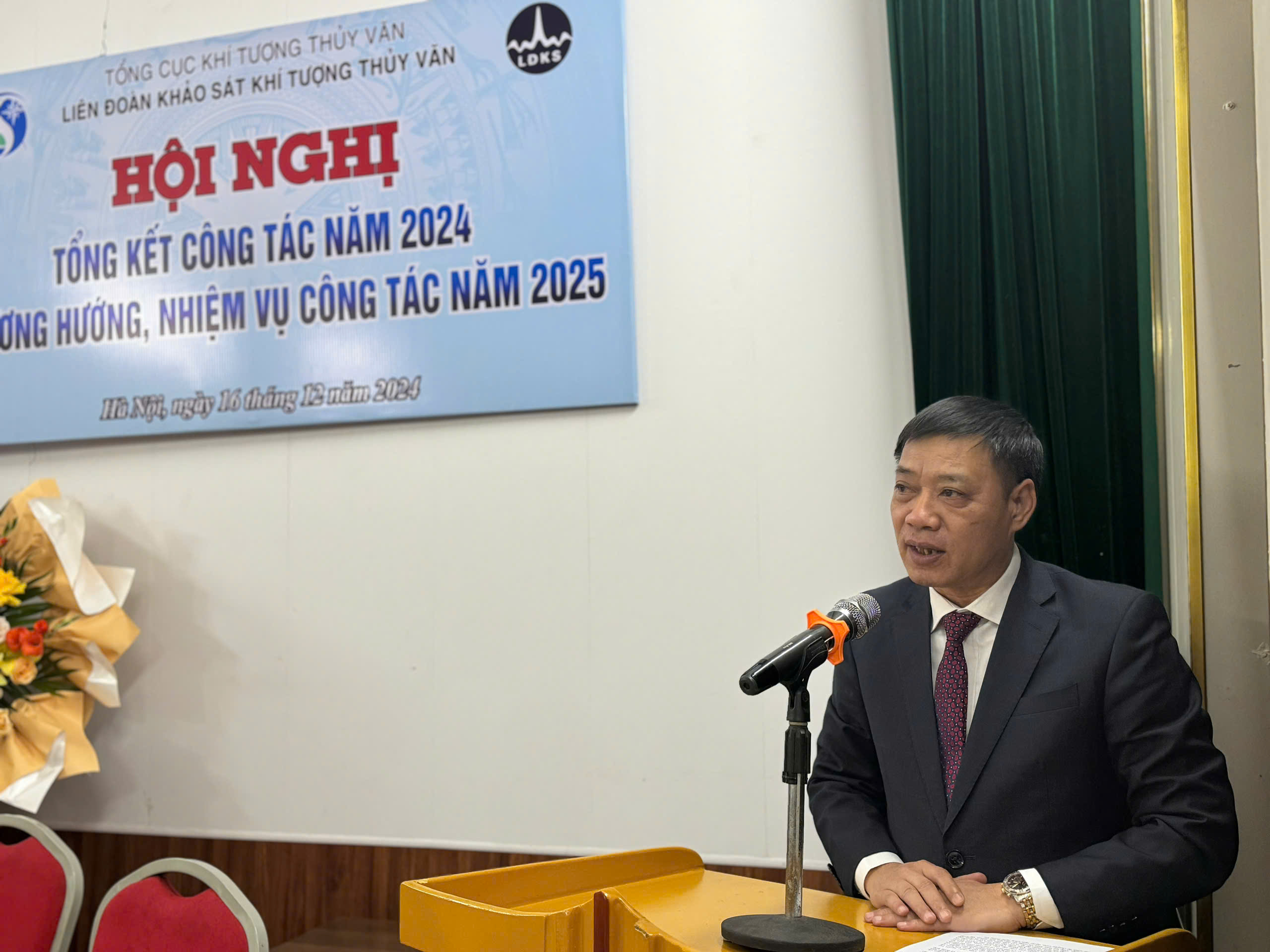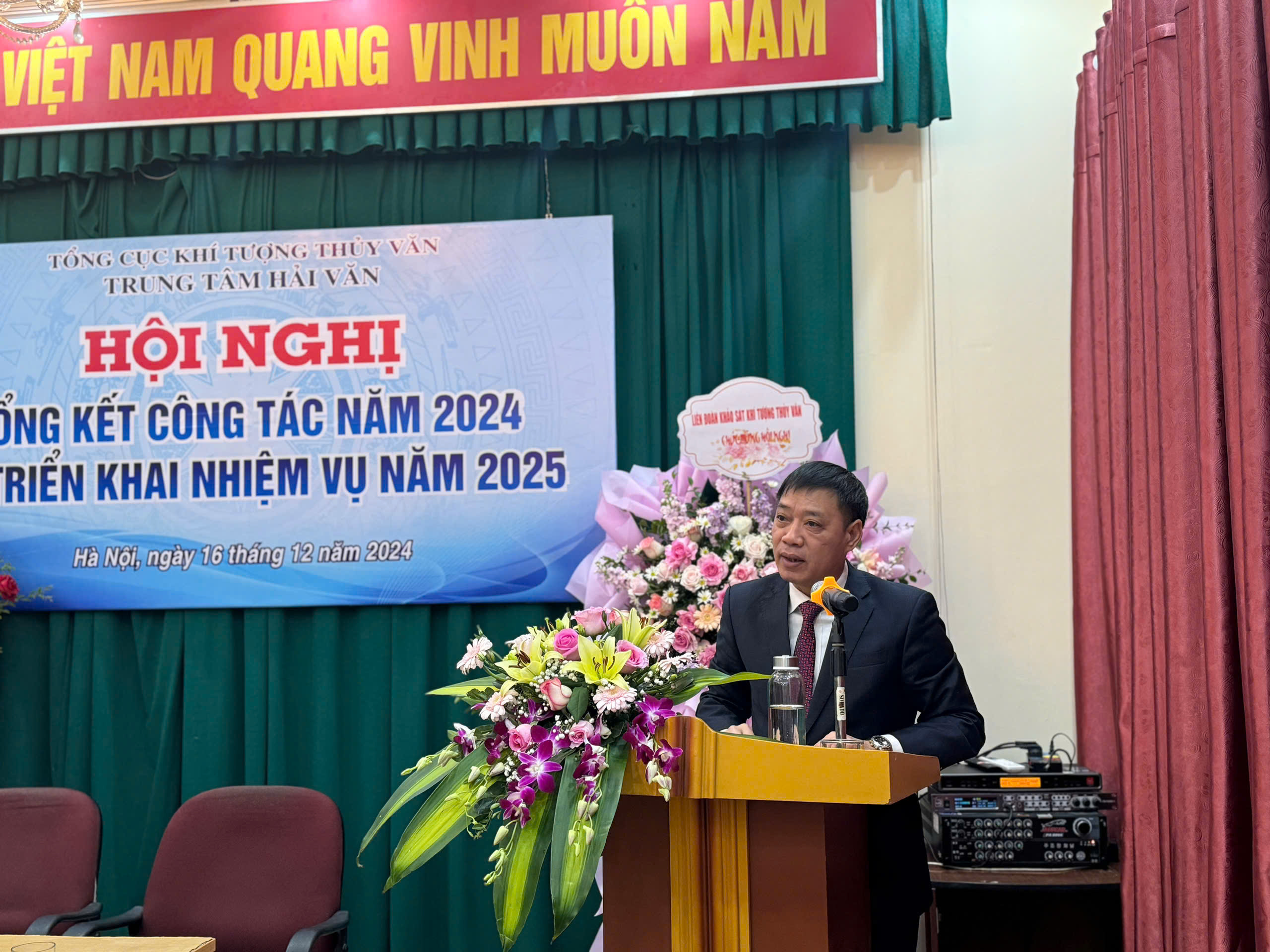|
No |
Research Paper and Author |
Page |
|
1 |
The Clean Development Mechanism (CDM) Procedure and Implementation in Vietnam Mai Hai Tung1 1Science, Technology and International Cooperation Department, Vietnam Meteorological and Hydrological Administration, Hanoi, Vietnam Mai Hai Tung (2019), The Clean Development Mechanism (CDM) Procedure and Implementation in Vietnam. Vietnam Journal of Hydrometeorology, 2-1, 1-11. ABSTRACT: The Clean Development Mechanism (CDM) allows a country with an emission-reduction or emission-limitation commitment under the Kyoto Protocol (Annex B Party) to implement an emission-reduction project in developing countries. The mechanism stimulates sustainable development and emission reductions, while giving industrialized countries some flexibility in how they meet their emission reduction or limitation targets. Under the CDM, there are various benefits, enormous potential to promote sustainable development and increase foreign investment flows for developing countries. With thoughtful planning and the development of a national CDM strategy, it can also assist in addressing local and regional environmental problems and in advancing social goals. With the support of developed countries, Vietnam not only can achieve long-term sustainable development but also be able to play a role in climate protection. Keywords: Clean Development Mechanism (CDM), United Nations Framework Convention on Climate Change (UNFCCC), The Kyoto Protocol. |
1 |
|
2 |
Overview of Investigations in Economic Loss by Ecosystem Degradation Relating to Climate Change Dao Huong Giang1, Bach Quang Dung2, Dao Manh Tri3 1National Economics University, Hanoi, Vietnam 2Vietnam Journal of Hydrometeorology, Vietnam Meteorological and Hydrological Administration, Hanoi, Vietnam 3Center of Environmental, Economics and Climate Change, Institute of Resources, Environment and Sustainable Development, Hanoi, Vietnam. Dao Huong Giang, Bach Quang Dung, Dao Manh Tri (2019), Overview of Investigations in Economic Loss by Ecosystem Degradation Relating to Climate Change. Vietnam Journal of Hydrometeorology, 2-1, 12-20. ABSTRACT: Typical ecosystems of islands and coastal areas of our country such as natural forests, corals, seagrasses and mangroves play an important role in local and social socio-economic development. Coastal ecosystems provided many uses such as energy (firewood, wood, ...), exploitation and aquaculture, food and medicine, transportation, tourism, disaster prevention, habitat of plants and animals, CO2 absorption, etc. and non-use (biodiversity, learning cultures,…). However, the impacts of climate change and sea level rise (CC, SLR) and the increase in natural disasters will change the composition of sediments, salinity and pollution levels of water, leading to degradation and threaten the survival of these ecosystems. These are the most productive ecosystems, and also the most threatened in the world. In recently, researchers around the world have built scientific methods to evaluate economic value as well as increasingly complete economic losses. A number of studies have studied the economic loss due to ecosystem degradation related to climate change in Vietnam and in the world but it is still limited. This study mainly assesses the real situation of economic losses due to ecosystem degradation under the impact of climate change in recent studies. Keywords: Economic loss, ecosystem degradation, climate change. |
12 |
|
3 |
Application of Mobile Dust Monitoring System to Evaluate Dust Concentration in Several Streets of Hanoi City Nguyen Anh Dung, Le Van Quy, Le Ngoc Cau, Le Van Linh, Pham Thi Quynh 1Department of Science and Technology, MONRE 2Vietnam Institute of Meteorology Hydrology and Climate change Nguyen Anh Dung, Le Van Quy, Le Ngoc Cau, Le Van Linh, Pham Thi Quynh (2019), Application of Mobile Dust Monitoring System to Evaluate Dust Concentration in Several Streets of Hanoi City. Vietnam Journal of Hydrometeorology, 2-1, 22-28. ABSTRACT: This study attempted to design an intelligent, portable device as hardware for dust measurement by IMHEN. The device is able to collect a specific dust level, the time and location of various measurements, and environment parameters such as temperature, relative humidity, atmosphere pressure, etc. The device’s design used the programmable Arduino Mega 2560 board as the main processing unit. The device is small, portable, battery-operated which makes it to be suitable for mobile measurement of environment parameters. Additionally, the device has been applied to monitor dust concentration at different time scale in some main routes of Hanoi city. The analysis of monitoring results showed that there were differences of dust concentrations at off-peak hours among different routes. The total dust concentration (TSP) observed that some roads such as La Thanh, Lang Ha, surounding Road No.3, Tran Duy Hung, Nguyen Chi Thanh were higher 1.5 to 2 times than the permissible limit value according to QCVN 05:2013/BTNMT Keywords: Mobile dust monitoring device, Dust pollution, Hanoi city. |
21 |
|
4 |
Investigation of Selecting Drought Index for Agricultural Drought Rezoning in Gia Lai Province Le Thi Thanh Nga1, Ngo Tien Giang1, Bach Quang-Dung2 1 Center of Hydro-meteorological Technology Application, Vietnam Meteorological and Hydrological Administration, Hanoi, Vietnam 2 Vietnam Journal of Hydrometeorology, Vietnam Meteorological and Hydrological Administration, Hanoi, Vietnam Le Thi Thanh Nga, Ngo Tien Giang, Bach Quang-Dung (2019), Investigation of Selecting Drought Index for Agricultural Drought Rezoning in Gia Lai Province. Vietnam Journal of Hydrometeorology, 2-1, 29-36. ABSTRACT: Based on the data from hydro-meteorological stations, combined with the soil-specific data of Gia Lai province, the study selected the Palmer index to describe the drought. It was suitable with growing season to develop a monthly agricultural rezoning map for Gia Lai province. The study also showed that the number of days over years and the total number of days in the growing season tended to increase from the northern districts to the southern districts of the province and decreased from the eastern districts to the western districts. According to the time distribution from November to April, drought in Gia Lai province tended to increase from November to January, February and gradually decreases to April. According to spatial distribution, drought might decrease from west to east and from north to south. Through this study, it was shown that the areas suffered from agricultural drought were mostly the northwestern districts of the province in January. Keywords: Agricultural drought, Agricultural rezoning, Palmer index. |
29 |
|
5 |
Research on Urban Sprawl Trends and Landscape Change in Pleiku City, Gia Lai Province Nguyen Ninh Hai1, Nguyen Tuan Anh1, Tran Nguyen Lam Khuong1, Bach Quang-Dung2, Nguyen Minh Ky1* 1Nong Lam University of Ho Chi Minh City - Gia Lai campus, Vietnam 2Viet Nam Meteorological and Hydrometeorological Administration, Ha Noi, Vietnam Nguyen Ninh Hai, Nguyen Tuan Anh, Tran Nguyen Lam Khuong, Bach Quang-Dung, Nguyen Minh Ky (2019), Research on Urban Sprawl Trends and Landscape Change in Pleiku City, Gia Lai Province. Vietnam Journal of Hydrometeorology, 2-1, 37-47. ABSTRACT: Urban sprawl is an international phenomenon happening principally in quickly developing areas. A study on the spatiotemporal features of urban sprawl is useful for the sustainable land management, landscape and urban land planning. The present research explores the trends, types and changes of landscape of urban sprawl in the context of a rapid urbanization process in Pleiku city and in the Central Highland of Viet Nam from 2000 to 2019. The results show the expansion of the Pleiku city has witnessed a fluctuation in its land uses through two decades. The rate of land use in residential areas has been increasing by 0.22 percent, infrastructures (0.61 percent), and other land (0.41 percent). This assertion is further supported by the rapid reduction of the vacant land (1.14 percent) and agriculture land (0.21%). Moreover, three types of urban sprawl are distinguished by analyzing covered urban area maps from the analysis of Satellite data images and current land use maps. Firstly, it is the outlying type with the area of 3.97 km2 , almost 62.72 percent of the total newly increased urban area. Secondly, the area of the infilling type is 1.11 km2, which makes up 17.54 percent, and the figure for the edge-expansion area is 1.25 km2, accounting for 19.75% of the total urban sprawl area. Studying trends and types of urban sprawl are useful to manage and properly allocate for sustainable land resource as well as urban land use planning. Keywords: Economic loss, ecosystem degradation, climate change |
37 |
|
6 |
Application of Ecosystem Modeling of Phytoplankton Size Structure Using STELLA to Analyze Asan Bay Coatal Estuary Bach Quang Dung1 1Vietnam Journal of Hydrometeorology, Vietnam Meteorological and Hydrological Administration, Hanoi, Vietnam Bach Quang Dung (2019), Application of Ecosystem Modeling of Phytoplankton Size Structure Using STELLA to Analyze Asan Bay Coatal Estuary. Vietnam Journal of Hydrometeorology, 2-1, 48-55. ABSTRACT: The phytoplankton dynamics considering size structures were investigated in Asan Bay. The contribution of netphytoplankton (>20μm) was high in spring, whereas contributions of nanoplankton (2<20μm) increased from summer to winter. The enrichment of PO4 3- in winter and the increase of radiance in spring often appeared to control phytoplankton community structure in spring. Water runoff might bring NO2 +NO3 and NH4 + into Asan Bay in summer. However, phytoplankton biomass didn't increase in summer season. Based on these results, the variations of phytoplankton size structures might be determined by different light and nutrient availability. Application of dynamical estuarine ecosystem modeling for phytoplankton size structure using STELLA with state variables of the model included major inorganic nutrients(NO2 + NO3, NH4+, PO4 3, Si), size classes of phytoplankton (netphytoplankton, nanophytoplankton, two classes of zooplankton (mesozooplankton, microzooplankton), and organic matters (POC, DOC). The results suggest that understanding of phytoplankton size structure is necessary to investigate phytoplankton dynamics and to better manage water quality in Asan Bay. Keywords: Applied ecosystem model, Phytoplankton dynamic, STELLA. |
48 |
|
7 |
Analyzing Stakeholder Involvement in Urban Domestic Water Supply System - Case Study in Central Highland of Vietnam Nguyen Tuan Anh1, Nguyen Ninh Hai1, Tran Thi Thao Trang1, Bach Quang Dung2, Nguyen Minh Ky1* 1Nong Lam University of Ho Chi Minh City – Gia Lai campus, Vietnam 2Viet Nam Meteorological and Hydrometeorological Administration, Ha Noi, Vietnam Nguyen Tuan Anh, Nguyen Ninh Hai, Tran Thi Thao Trang , Bach Quang-Dung, Nguyen Minh Ky (2019), Analyzing Stakeholder Involvement in Urban Domestic Water Supply System - Case Study in Central Highland of Vietnam. Vietnam Journal of Hydrometeorology, 2-1, 56-65. ABSTRACT: Ensuring adequate and safe water supply is a top priority in human life, especially cities or residential areas. Accessibility and safety in water supply services requires good operation in the components of domestic water supply systems including water sources, water treatment plants, and distribution network systems. This means that the cooperation and coordination of stakeholders (SH) should be good to help maintain the stable system. Therefore, it is necessary to analyse stakeholder involvement, indicating their responsibilities and roles in maintaining the system. The most appropriate level of involvement is presented to clasify the roles of each stakeholder when operating the system. Analyzing the stakeholders are based on two attributes of interest-power matrix, and then classifiying three most appropriate level of involvement including co-working, co-thinking, co-knowing. Keywords: Water supply, Stakeholder analysis Co-working, Co-thinking, Co-knowing, Interest-power matrix |
56 |
|
8 |
Disater Management in Japan and Effective Usage of Meteorological Information with A Prompt Report of Typhoon Hagibis Michihiko Tonouchi1, Koichi Kurihara1, Hiroshi Yokoyama1 1Japan Meteorological Business Support Center, Japan Michihiko Tonouchi1, Koichi Kurihara1, Hiroshi Yokoyama (2019), Disater Management in Japan and Effective Usage of Meteorological Information with A Prompt Report of Typhoon Hagibis. Vietnam Journal of Hydrometeorology, 2-1, 66-72. ABSTRACT: Typhoon Hagibis (T1919) hit area of Japan and 100 casualties and missing people were reported. The course, intensity, land timing were correctly forecasted in numerical weather models and lots of information issued almost properly, however, one of the severest typhoons in decades brought huge damages. Even if emergency warnings and evacuation directions were issued, most people did not evacuate. Evacuation in night-time was danger and earlier evacuations in comparison with day-time that recommended. In March of 2019, the guideline for evacuation was updated and risk levels of warning were categorized from Level 1 to Level 5. Keywords: Typhoon Hagibis, Evacuation, Disaster Risk Reduction. |
66 |

.JPG)
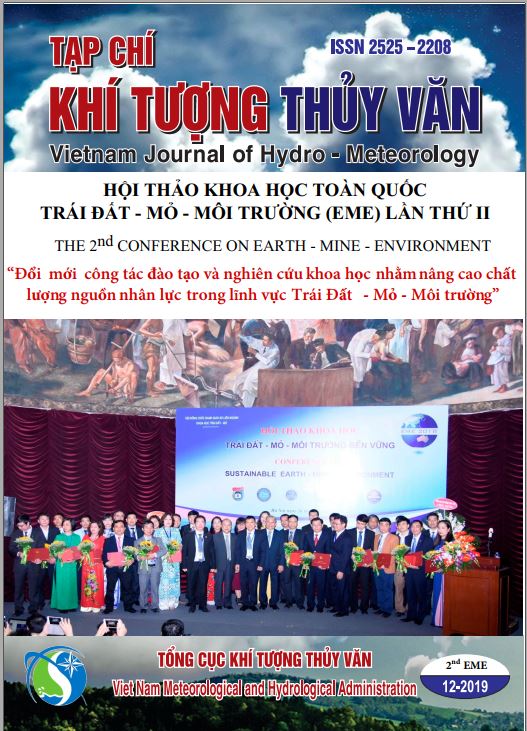

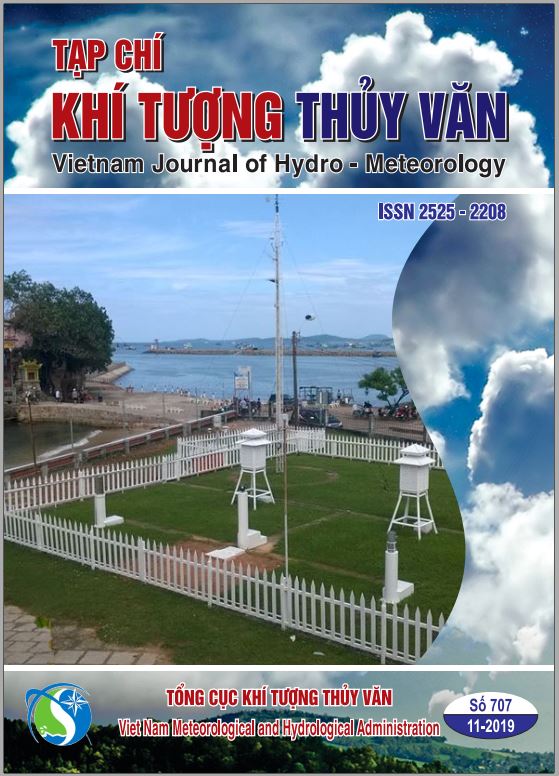
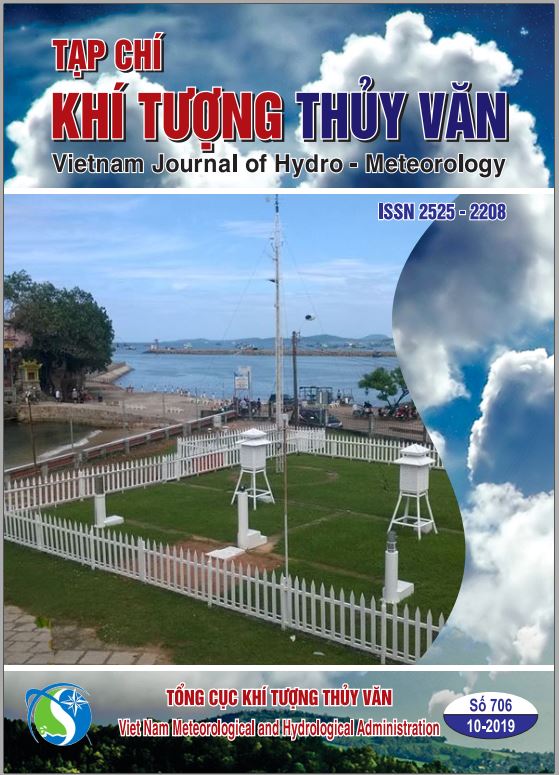
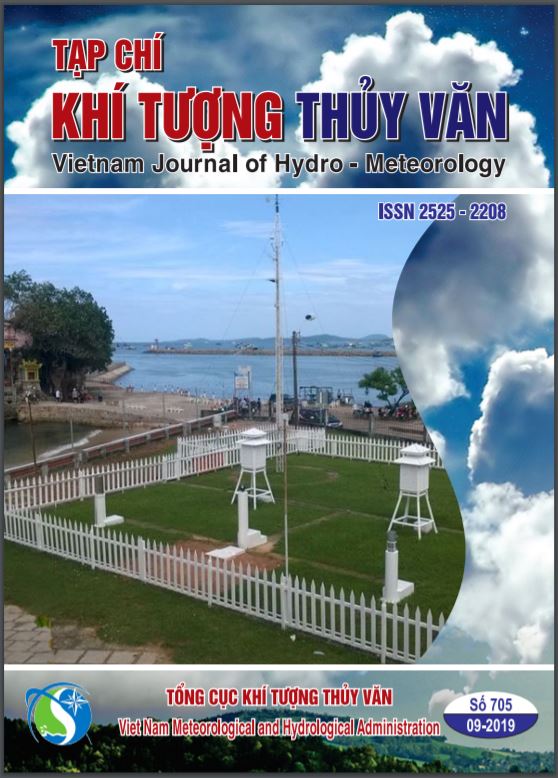

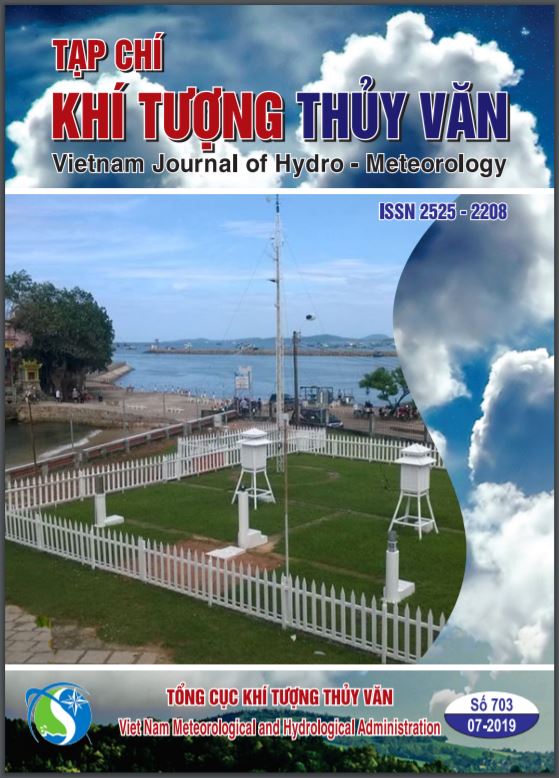
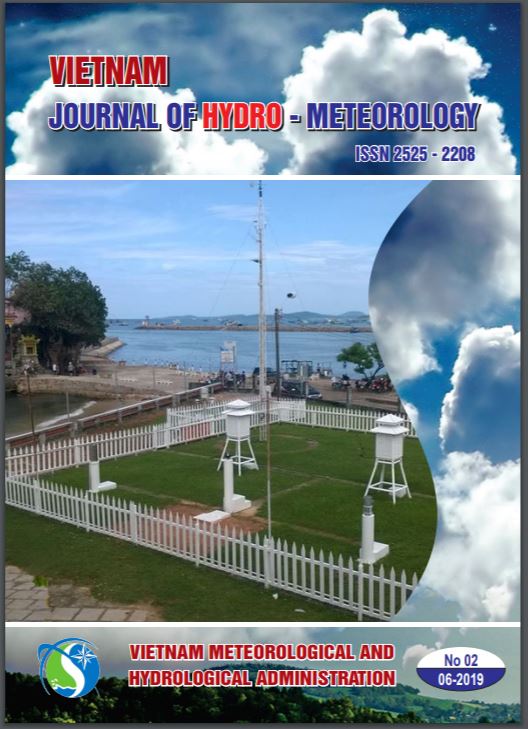

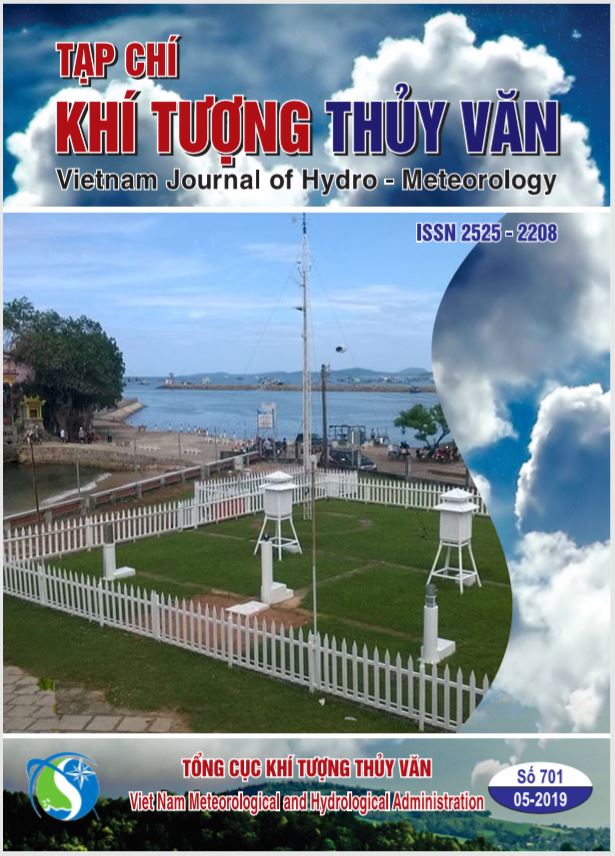
.jpg)
 Chiều ngày 18/12, Trung tâm Mạng lưới khí tượng thủy văn (KTTV) quốc gia tổ chức Hội nghị tổng kết công tác năm 2024 và triển khai nhiệm vụ năm 2025. và Phó Tổng cục trưởng Hoàng Đức Cường tham dự và chỉ đạo tại hội nghị.
Chiều ngày 18/12, Trung tâm Mạng lưới khí tượng thủy văn (KTTV) quốc gia tổ chức Hội nghị tổng kết công tác năm 2024 và triển khai nhiệm vụ năm 2025. và Phó Tổng cục trưởng Hoàng Đức Cường tham dự và chỉ đạo tại hội nghị. .jpg)
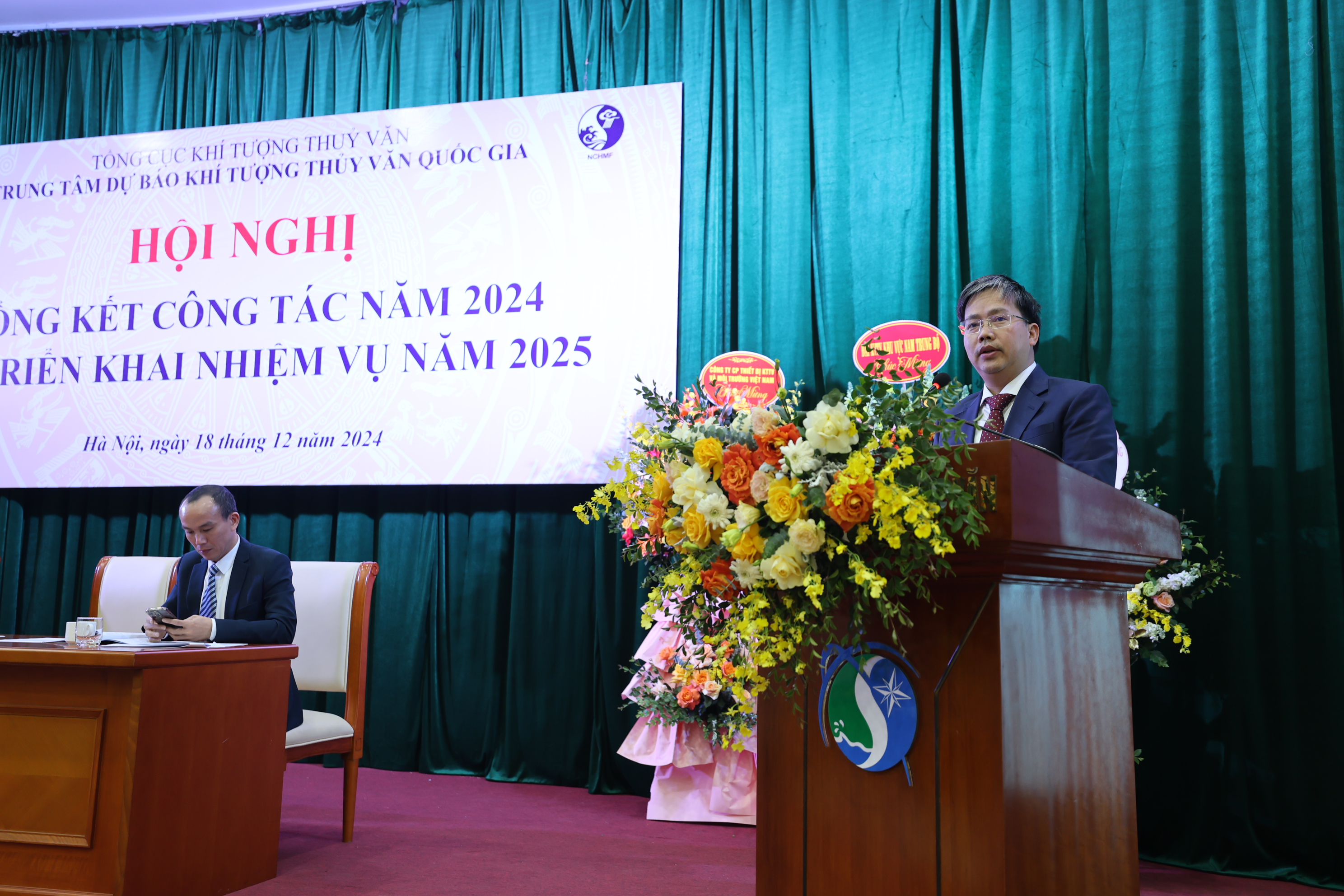
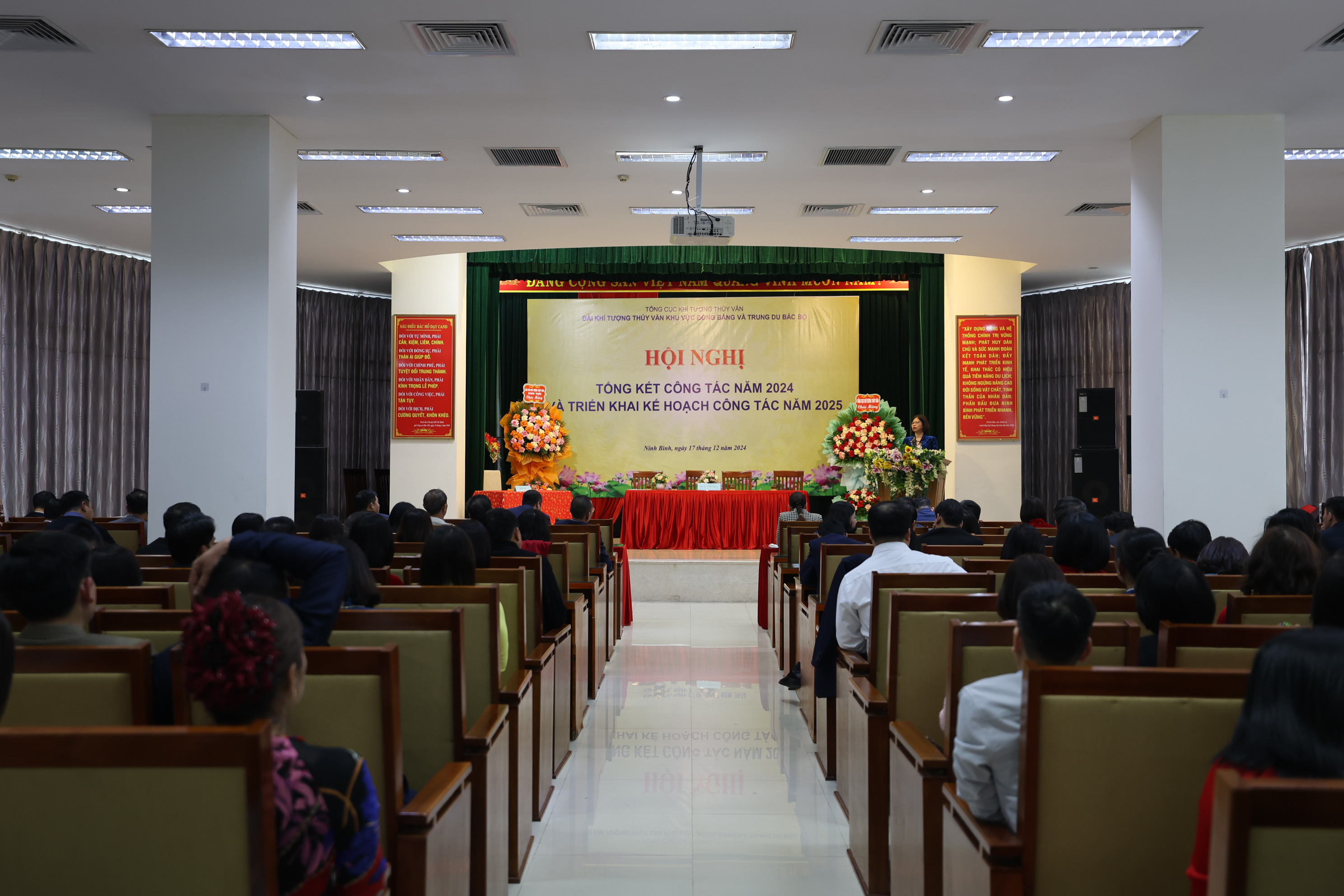
.jpg)
.jpg)
